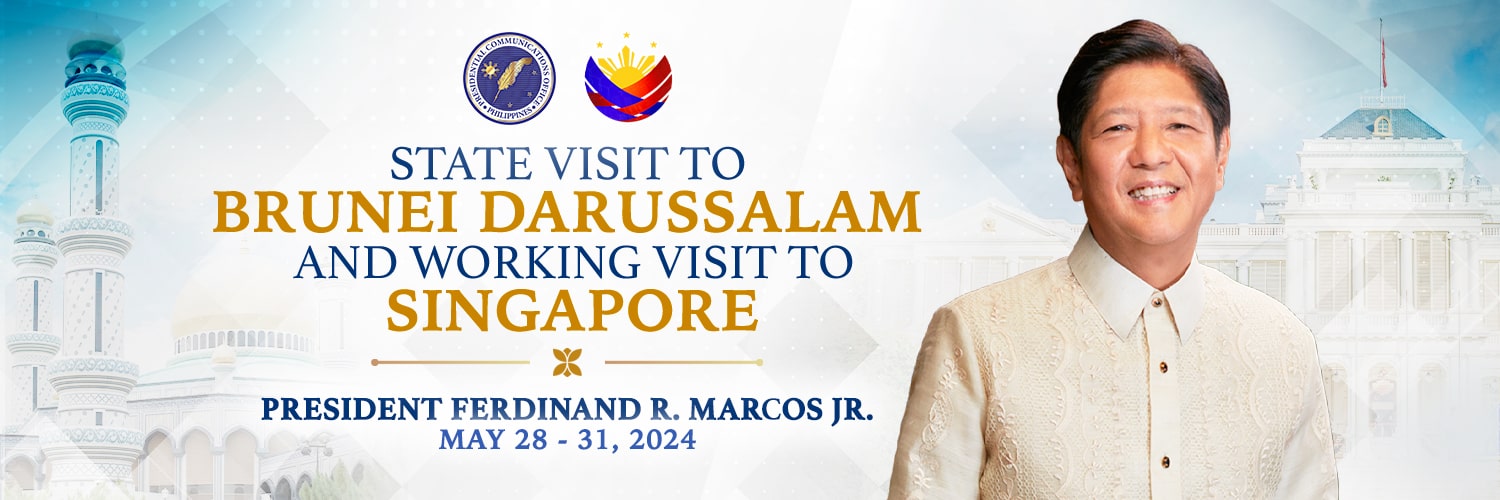
President Ferdinand R. Marcos Jr. emphasized on Friday that any action in the South China Sea must conform to international-based order.
“Finally, any effort to resolve maritime differences in the East China Sea and the South China Sea must be anchored on international law, particularly UNCLOS, we must accord due regard to the legitimate interest of all parties, and respect legally-settled rights,” President Marcos said in his keynote address at the 21st edition of the International Institute for Strategic Studies (IISS) Shangri-La Dialogue in Singapore.
The President was referring to the 1982 United Nations Convention on the Law of the Sea (UNCLOS), or “The Law of the Sea Convention,” which served as the basis of the Philippines in the implementation of laws of the sea as far as the West Philippine Sea is concerned.
President Marcos highlighted the issue before the Shangri-La Dialogue when he discussed how the economic security of East Asia is affected by freedom of navigation and unimpeded commerce in the South China Sea and the East China Sea, and the stability in the Korean Peninsula and the Taiwan Strait.
He also explained that the Philippines has legitimate interests on “cross-Strait issues” with its geographic proximity and the presence of Filipinos in Taiwan.
“The Filipino people have a long history of fraternal bonds with the people on both sides of the Taiwan Strait. Peace and stability must prevail. Therefore, we continue to urge all parties to exercise restraint on the issue,” President Marcos said.
President Marcos also shared his thoughts on the lasting peace in the Korean Peninsula, which he said “is a collective responsibility” of the entire region.
He said the region must vigorously urge the Democratic People’s Republic of Korea (North Korea) to comply with all its international obligations under relevant UN Security Council resolutions, and to commit to constructive and peaceful dialogue with the Republic of Korea (South Korea).
President Marcos made history as the first Philippine leader who delivered a keynote address before the IISS Shangri-La Dialogue, which is the leading defense and security conference in the Asia-Pacific region.
The dialogue also provides an open, inclusive and neutral platform for the exchange of perspective and ideas on defense and security issues in the Indo-Pacific region. It is commonly attended by defense ministers, permanent heads of ministries, and military chiefs of mostly Asia-Pacific states.
Previous keynote speakers of the dialogue include Japanese Prime Minister Kishida Fumio in 2022 and Australian Prime Minister Anthony Albanese in 2023. | PND

